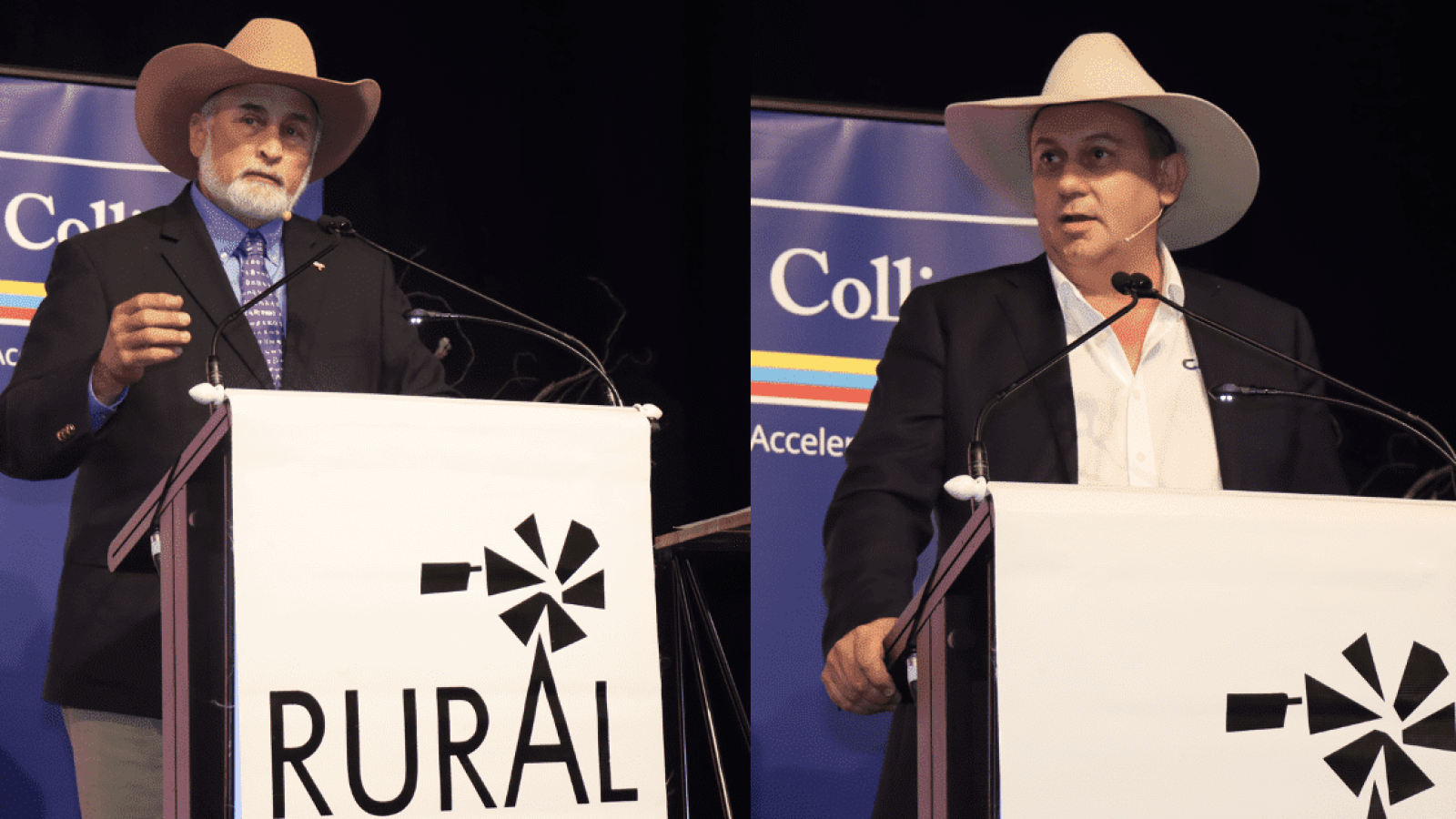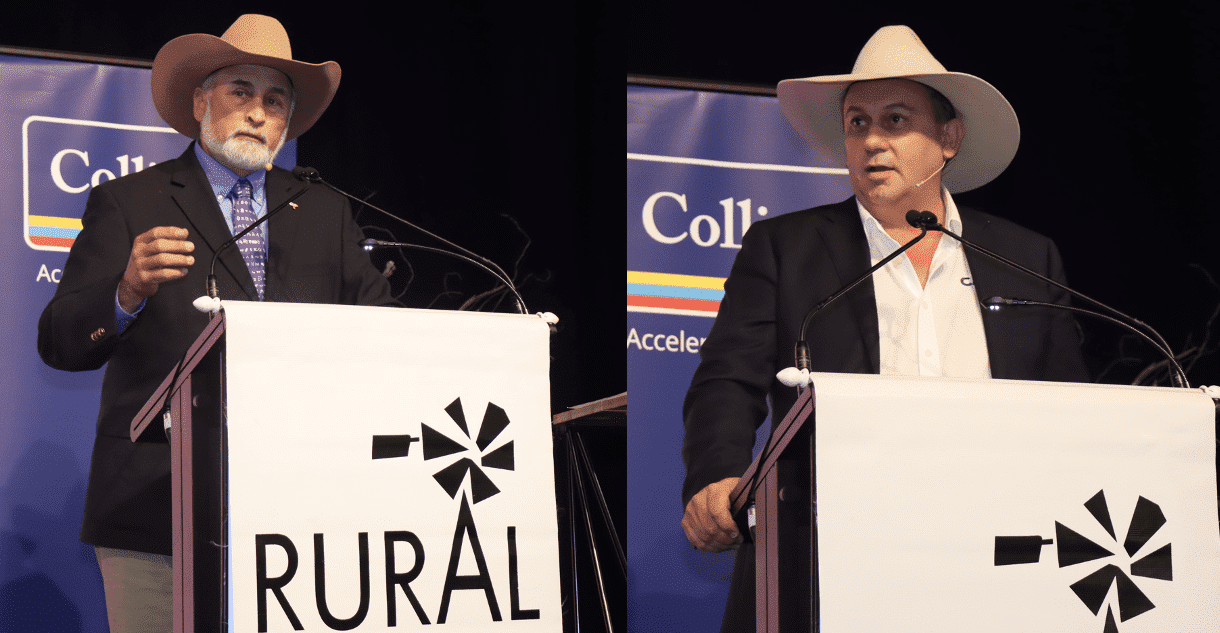DENVER, CO – Earlier this year, the U.S. Department of Agriculture (USDA) released the, “Box Beef & Fed Cattle Price Spread Investigative Report,” which identified a number of systemic issues in the cattle market. Since then, at least three competing legislative bills have been floated as the way to address those issues.
But it is a proposed voluntary approach devised by the National Cattlemen’s Beef Association (NCBA) 75% Plan that is being met with strong resistance from R-CALF USA. “NCBA has resisted any efforts to legislatively require the nation’s largest beef packers to replenish the cattle industry’s most important price discovery market – the negotiated cash market – and has instead proposed a voluntary plan, called the 75% Plan, that it believes will restore the industry’s lost competition,” said Bill Bullard, CEO of R-CALF. “But the 75% Plan doesn’t even purport to restore the volume of the negotiated cash market even to the minimal level the group’s economist recommended to achieve “robust” competition.”
Bullard said the entire plan defies logic and common sense because it sets a threshold for minimum purchases in the negotiated cash market at levels well below the average volume in that market during the past three years, which he said was a period marked by a severely dysfunctional marketplace that has caused serious financial losses to America’s independent cattle producers.
“This plan is much worse than if it simply enshrined the status quo. It’s a recipe for disaster for the U.S. cattle industry,” Bullard commented.
The NCBA plan relies first on economist Steven Koontz’s prediction that the nation’s broken cattle market will become robustly competitive if the largest beef packers purchase a total of only 86,000 cattle each week from the competitive cash market. But the NCBA plan requires the largest beef packers to only purchase 75% of that minimum number, or 64,500 cattle, during some, but not all weeks.
According to U.S. Department of Agriculture (USDA) data, during the past three years (Oct. 16, 2017 – Oct. 21, 2020) the national weekly volume in both the negotiated cash market and the negotiated grid market – the two markets covered by the NCBA plan – averaged over 117,000 head per week.
Bullard said this means the targets in the NCBA plan will result in the packers purchasing far fewer cattle in the competitive price discovery market than they purchased on average during the past three years – a period when the U.S. cattle market demonstrated a complete and utter lack of competition.
According to Bullard, if the NCBA plan had been in effect last week, the week ending October 18, when the actual volume in the national negotiated cash and negotiated grid markets was at 37%, and the week when cattle prices inexplicably fell nearly $3 per cwt below the three-year average, the packers would have been in full compliance even if they had purchased only half of what they actually purchased. He said this is because the NCBA plan’s triggers for last week would have been set at only an 18% volume level for the two negotiated markets, which is a volume level even lower than the 21% level in 2015, when cattle prices fell further and faster than anytime in history.
“This plan is an absolute bust,” Bullard said adding, “And the alarming thing is that it is predicated on the same faulty economic predictions that underpin the recent bill introduced by Senator Deb Fischer (R-NE), whose proposal likewise relies on the illogical theory that you can somehow increase marketplace competition lost by a shrinking negotiated cash market by further shrinking the negotiated cash market.”
Bullard said that years of inattention has resulted in today’s fundamentally broken marketplace – a marketplace that has been chronically dysfunctional for years and now is acutely dysfunctional.
“There are no amounts of tweaks that can repair today’s broken market. Today we need decisive congressional action to shock the market into becoming once again a competitive market, and the only meaningful solution offered so far is the Grassley/Tester bill that requires the packers to purchase at least 50% of their cattle in the negotiated cash market,” Bullard concluded.












